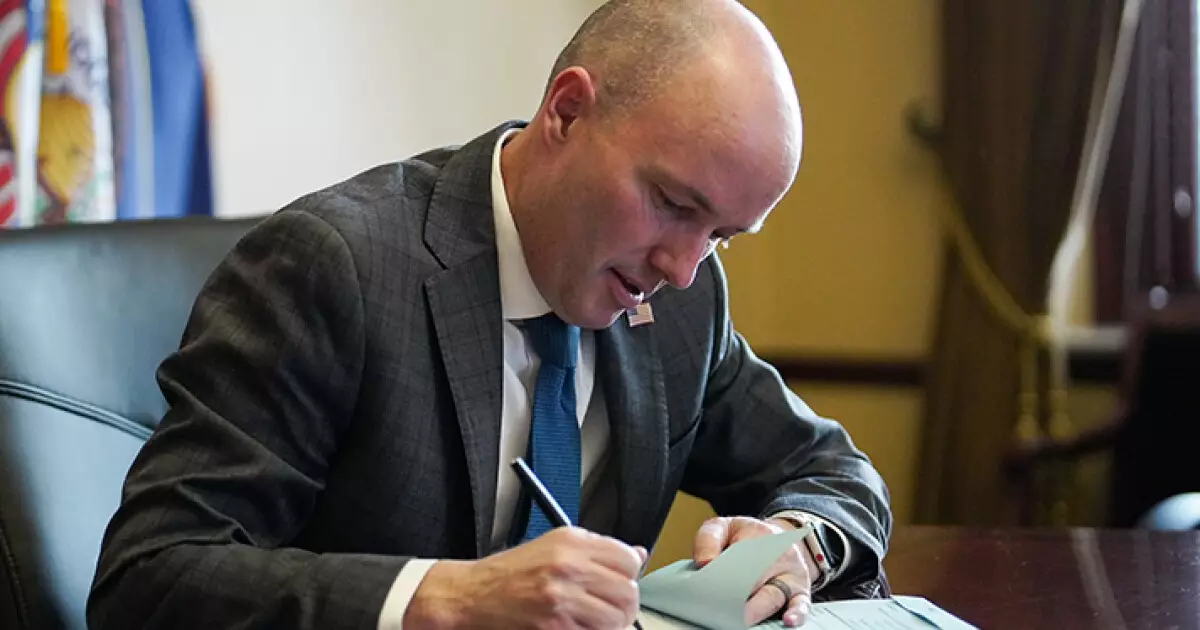Recently, Utah Governor Spencer Cox signed several measures into law that could have a significant impact on the state’s economy. One of these measures involves the financing of stadiums and a cap on local lease revenue bonds. The legislature passed a $29.4 billion budget for the upcoming fiscal year, along with numerous bills that were signed into law by Governor Cox. One key piece of legislation aims to keep the state’s largest coal-fired power plant operational beyond its scheduled shutdown deadline in 2025. Despite concerns raised by the Intermountain Power Agency (IPA), the Governor signed this bill, signaling a potential special legislative session to address key issues. IPA’s objections center around the risk to bonds sold to finance the replacement of the coal-fueled generation with a new facility running on natural gas or hydrogen.
Professional Sports Team Incentives
Another significant development is the state’s efforts to attract professional hockey and baseball teams to Salt Lake City. Legislation signed by Governor Cox provides financing of up to $900 million for a Major League Baseball stadium within the Fairpark Area Investment and Restoration District if a franchise is secured by 2032. Additionally, a Capital City Revitalization Zone has been created in downtown Salt Lake City to facilitate arena construction or remodeling for a potential National Hockey League team. These initiatives could potentially bring new economic opportunities to the state and boost tourism.
Utah lawmakers have also made strides in personal income tax cuts, lowering the rate to 4.55% at an estimated ongoing cost of $167.7 million annually. This reduction follows previous cuts, bringing the rate down from 4.95% in 2021 to its current level. However, there is ongoing debate surrounding the use of income tax revenue for education funding. A constitutional amendment on the November ballot seeks to end the exclusivity of income tax funds for education, allowing for more flexibility in budget allocations. This proposed change has sparked discussions on how best to balance education funding with other state priorities.
Governor Cox has also prioritized housing affordability as a key component of Utah’s economic growth strategy. House Bill 572, signed by the Governor, establishes a Utah Homes Investment Program that transfers up to $300 million from the state’s Transportation Investment Fund to subsidize loans for affordable housing. This program aims to provide assistance to first-time homebuyers and encourage the development of starter homes by municipalities and developers. The goal is to create 35,000 starter homes over the next five years in the state, addressing the rising cost of housing that threatens Utah’s long-term prosperity.
The recent legislative actions taken by Governor Cox and the Utah legislature are poised to shape the state’s economic landscape in the coming years. From stadium financing to education funding and affordable housing initiatives, these measures aim to address key challenges and opportunities facing Utah’s economy. As the state continues to grow and evolve, the impact of these new laws will be closely watched to determine their effectiveness in driving economic growth and prosperity for all Utah residents.

